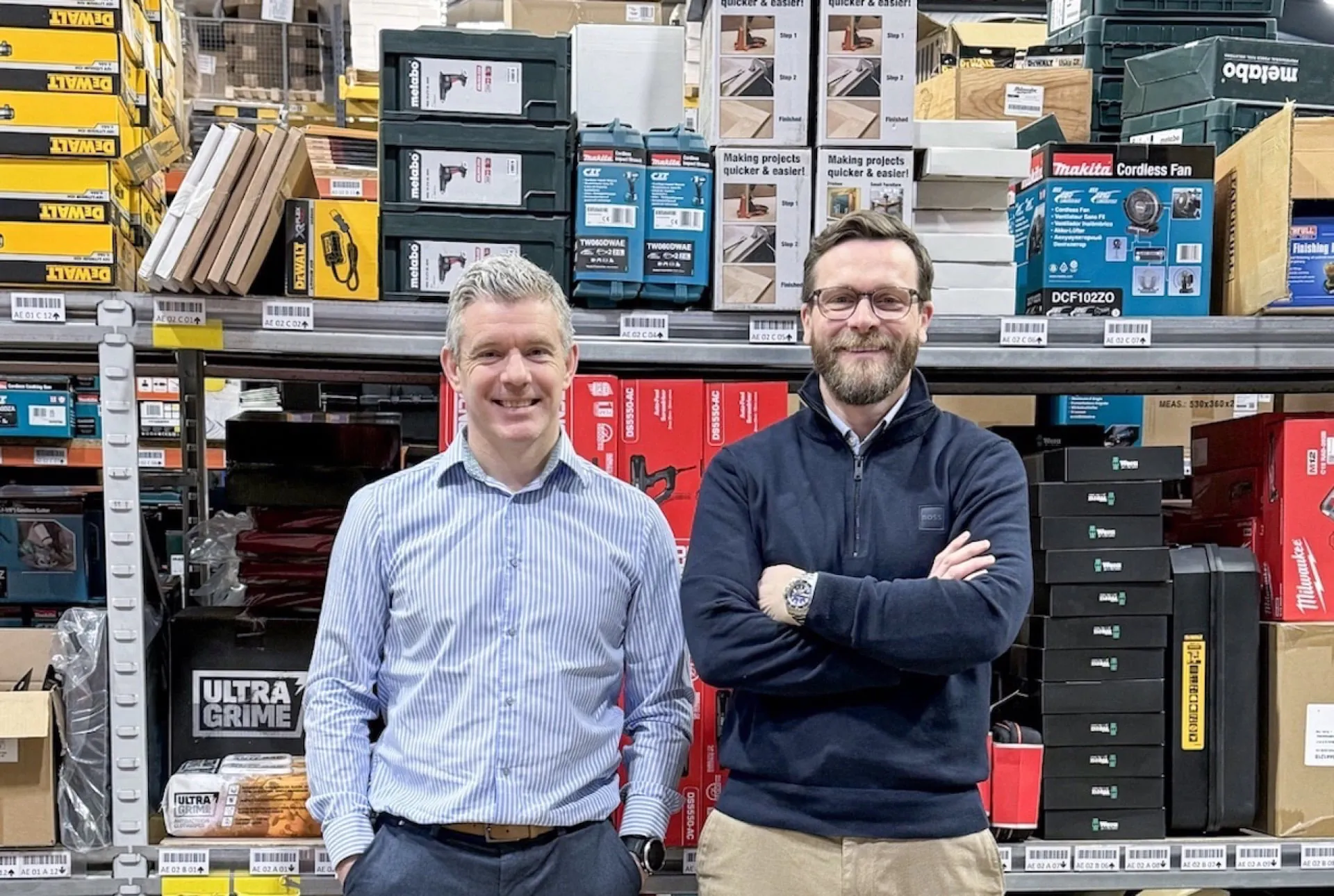

With nearly 25 years operational experience, I’ve been lucky to lead some significant transformational change programmes. Whilst conventional thinking and previous experience have certainly played their part, my latter foray into industries and technology unknown, has often challenged my own approach and paradigms. Are previous experiences and knowledge a guarantee of future success or do Leaders need more ammunition?
Changing technology = changing behaviours
I think it’s safe to say that most of us recognise the unprecedented culture of change we now find ourselves in. Everyday emerging technologies are reforming and disrupting markets and this is placing new pressures on Leaders to act quickly to either protect their positions or seize new opportunities. Never has change been so pronounced and whilst choosing the right technology is a key driver to success, the ability and behaviour of the leader is often overlooked yet it is a critical success factor. Lack of clear vision and poor stakeholder engagement often results in some of the best solutions being relegated to the bin.
As human beings, we have a tendency to rely heavily on our experiences, emotions and memories when analysing activity. When combined, these make up our perceptions and often shape our decision making. Combined with ‘after the event’ management information, we all too often rely on our perceptions to help us predict what will happen in the future and use this to shape technology development. However in such a fluid and rapidly changing economy, relying on the past to predict the future simply isn’t enough.
Where does this leave the Leader?
Data and todays Leader
As a species we are adept to change, and as we break new ground in terms of technological advancements, most would welcome the opportunity it brings. The birth of the internet was the platform to connect systems and as a result, we now find ourselves in a world where we are being presented with more and more data. Technology developments mean that the speed and variety in which this is being presented is relentless and as mere mortals, we simply cannot ingest this, thus the monumental rise of analytics. However data in its ‘natural state’ is often pretty worthless, it is the ability to question and harness the power of data that presents the greatest results. This is where businesses of the future are now flourishing.
We are awash with research. 90% of the worlds data has been created in the last 2 years alone yet 80% of business data is going unused. Furthermore, research highlights that becoming more data centric leads to greater innovation, agility, opportunity and efficiency. However it has been found that most business decisions do not have a basis of fact (ie data) and thus we allowing our paradigms and perceptions to influence our decision. Are leaders truly making the transition from perception to data driven leadership?
Data – helping you ‘manage what you measure’
Its an old saying yet it is even more prevalent in todays world. Our team help business leaders solve specific problems such as using data to drive loyalty, improve efficiency, reduce costs or manage risks. However we consistently see the absence of basic data disciplines. Without available, accurate and actionable data sets, wisdom cannot be attained and such strategic imperatives will be left unsupported. In addition, in a world of digital transformation, the absence of effective data sets to help inform the leader often results in technology deployment that fails to deliver. How can you implement a solution when there was little clarity as to the specific objectives you were trying to achieve. We often see this in the implementation of CRM solutions. Often bought ‘out of the box’, the provider gives a whole host of benefits but what does the Organisation wish to accomplish and are they all truly engaged. How many times do the solutions then fail to deliver and yet often the solution is to purchase further technology and the cycle begins again!
So how do leaders make the transition and harness the value data can bring?
Our three key steps to leveraging greater value for your business would be:




